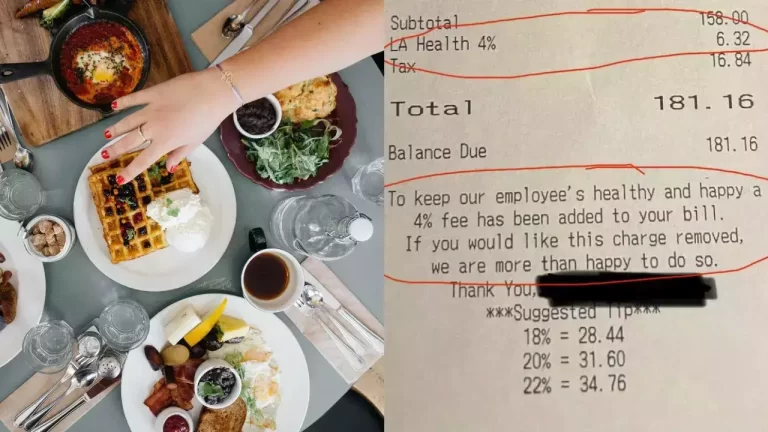A Los Angeles restaurant recently made headlines after a diner posted a photo of their receipt showing a 4% “Healthy LA Surcharge” to help provide health insurance for staff. This surcharge quickly set off a debate – is it fair for restaurants to charge customers extra to cover employee benefits? In this article we talk about Los Angeles Restaurant Implements 4% Surcharge on Each Bill to Support Staff Health Insurance.
Here’s a breakdown of the key questions this issue raises and what customers need to know:
What prompted this additional fee at the LA restaurant?
The restaurant owner, Zach Pollack, states this surcharge was implemented to help offset the high costs of providing health insurance to staff, which is required by the Affordable Care Act for businesses with over 50 employees. While this law was intended to expand healthcare access, it has also created financial burdens for small restaurants operating on thin profit margins.
Pollack defended the surcharge in an Instagram post, stating many LA restaurants have implemented similar fees to deal with rising business costs. However, diners felt singled out by an additional uncapped fee, versus just raising prices across menus.
Is a health insurance surcharge a common practice?
While less common than general service charges or minimum wage fees, health insurance surcharges are gaining ground in the restaurant industry.
A late 2021 survey found 15% of restaurant operators planned to add new surcharges to help address rising food, supply chain, and labor costs in a tough economic climate. So while this LA restaurant gained wider attention, it may signal more establishments trying to stay financially afloat.
What do critics argue about this practice?
Many customers and industry experts argue separate surcharges mislead guests about true pricing. They contend restaurants should simply factor any costs of doing business into menu prices.
Others note surcharges penalize cash customers who don’t have bills itemized on a receipt. And in a time of high inflation, additional fees can feel like price gouging.
However, some employment lawyers argue restaurants using surcharges are being transparent about added costs, versus just hiking meal costs with no explanation.
What do supporters argue?
Those who defend the practice note operating a restaurant has always required covering healthcare, rising wages, and other employee costs not directly tied to food. They argue separate itemized surcharges educate customers on expenses that go into a meal’s true cost.
Small restaurants cite paper-thin profit margins, especially amid COVID slowdowns, where surcharges have helped avoid reducing staff or quality as expenses grow. Supporters also contend businesses shouldn’t take all the blame for rising costs when broader economic factors are also driving inflation.
What are restaurants legally required to disclose on this?
If a restaurant in California charges an added surcharge or service fee, they must clearly note that on menus and receipt notices. Under CA law, restaurants cannot misrepresent added charges and must disclose their actual pricing transparently to prevent consumer confusion.
What other options do restaurants have?
Rather than a separate surcharge, many restaurants opt to raise menu prices marginally across the board. While this increases meal costs for all, it avoids singling some customers out with add-on fees.
Some restaurants change tip recommendations from 15% to 18-20% standards. While not required, this nudges guests to factor higher business expenses into gratuity without an extra charge.
Smaller establishments try cutting costs instead by reducing operating hours, scaling back pricier menu items, or asking landlords for rent reductions.
What can customers do in response?
Diners upset over add-on surcharges have a few options. They can raise concerns directly to restaurant management about separate fees versus raising base prices.
Patrons can also reduce tips to offset surcharges if service was lacking, or avoid establishments with add-on fees altogether. Writing negative online reviews is another leverage point to voice dissatisfaction.
However, customers who still wish to support a restaurant can choose to pay surcharges recognizing today’s tough business climate. If the food and service merit it, patrons might leave slightly larger tips to help the staff directly.
What steps can you take to cut your own healthcare costs?
With or without restaurant surcharges, healthcare remains frustratingly expensive for most Americans today. Ways diners can reduce their own medical costs include:
- Exploring lower-premium health insurance options each year during open enrollment periods. Comparing plans can yield significant savings long-term.
- Funding an HSA account to save for medical expenses tax-free if you have a high-deductible insurance plan.
- Asking your doctor for generic prescriptions over pricier brand name drugs.
- Taking preventative health measures – eating nutritious foods, exercising routinely, limiting alcohol – to avoid expensive illnesses appearing later on. An ounce of prevention is worth a pound of cure.
While no one prefers paying more dining out or for healthcare, understanding the bigger picture behind surcharges can help customers respond appropriately. The reality is rising business expenses and medical costs are an economic challenge with no simple fix. But focusing efforts on structural policy changes and preventative personal health can help over time. I sincerely hope you find this “Los Angeles Restaurant Implements 4% Surcharge on Each Bill to Support Staff Health Insurance? What You Need to Know!” article helpful.

Julio Figueroa is a seasoned chef with over 12 years of experience in fine dining. He holds a degree in Culinary Arts from Le Cordon Bleu and is passionate about culinary innovation. As the lead contributor to chefdecuisinelosangeles.com, Julio shares his expertise and unique recipes with food enthusiasts. Connect with him on Instagram for more culinary inspiration.


certainly like your web site however you need to take a look at the spelling on several of your posts. Several of them are rife with spelling problems and I in finding it very troublesome to tell the reality nevertheless I’ll surely come again again.